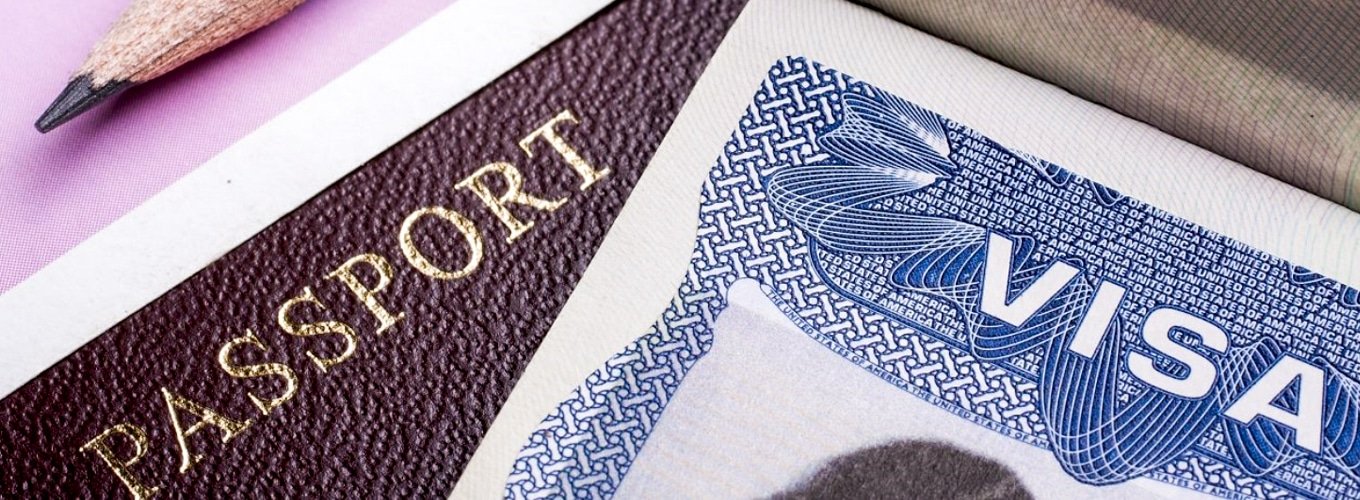Do you have visions of exploring the ancient Pyramids of Giza, bustling markets of Cairo, or the pristine beaches of the Red Sea? If so, the first step in making your Egyptian adventure a reality is understanding the visa requirements. Do you need a visa to visit Egypt? For the vast majority of travelers, the answer is a resounding yes.
Egypt maintains a visa system to control entry into the country. Don’t let this deter you, though! The process is relatively straightforward. This blog post will be your guide, outlining everything you need to know about Egypt’s visa requirements, how to apply, and essential things to keep in mind for a seamless travel experience.
Who Needs a Visa for Egypt?
The vast majority of nationalities worldwide require a visa to enter Egypt. This is a standard practice for many countries and helps manage tourism and immigration flows. However, there are a few exceptions.
Visa-Exempt Countries
Citizens of the following countries can usually visit Egypt without a visa for short-term stays:
- Bahrain
- Kuwait
- Oman
- Saudi Arabia
- United Arab Emirates
- Hong Kong
- Macao
- Jordan (under specific conditions)
It’s crucial to note that specific visa exemptions and stay durations might change.

Checking Your Specific Requirements
The most reliable way to determine whether you need a visa is to consult official resources. The Egyptian Ministry of Foreign Affairs website provides an updated list of visa-exempt countries and detailed information on visa requirements for all nationalities.
Important Note: Even if you’re from a visa-exempt country, ensure your passport is valid for at least six months beyond your intended stay in Egypt.
Types of Egyptian Visas
Egypt offers several visa categories to accommodate different travel purposes. Let’s explore the most common ones:
- Tourist Visa: This is the standard visa type for leisure travelers and those visiting Egypt to explore its rich history, culture, and attractions. Tourist visas are typically valid for 30 days and can often be obtained on arrival or through an e-visa application.
- Business Visa: If your trip to Egypt involves meetings, conferences, or other business-related activities, you’ll likely need a business visa. This visa may require supporting documentation, such as an invitation letter from a company or organization in Egypt.
- Transit Visa: Designed for travelers with brief layovers in Egypt before continuing to another destination. Transit visas usually have shorter validity periods compared to tourist visas.
- Student Visa: If you plan to study at an educational institution in Egypt, you’ll need to apply for a student visa. These visas often require acceptance letters from the university or school and other documentation related to your educational program.
Note: There may be other specialized visa categories depending on your specific circumstances (e.g., visas for journalists, medical treatment, etc.). For the most accurate and up-to-date information on all visa types, it’s best to refer to the official Egyptian government website.
How to Apply for an Egyptian Visa
Egypt offers two primary ways to obtain a visa – applying for a visa on arrival or getting an e-visa in advance. Let’s break down each method:
Visa on Arrival:
- Availability: You can obtain a visa on arrival at most major Egyptian airports, including Cairo International Airport.
- Fee: The standard fee for a visa on arrival is $25 USD. Some airports may accept other currencies.
- Requirements: To be eligible for a visa on arrival, you will generally need:
- A passport valid for at least six months beyond your intended departure date.
- At least one blank visa page in your passport
- An onward or return ticket.
- Proof of sufficient funds for your stay (cash, bank statement, etc.)
E-Visa
- Application: Apply online through the Egyptian government’s official e-visa portal
- Fee: The cost of an e-visa is the same as a visa on arrival ($25 USD).
- Benefits: Applying for an e-visa in advance might offer a smoother process, potentially reducing your waiting time upon arrival in Egypt.
Important Considerations:
- Processing time: While visas on arrival are issued immediately, an e-visa can take several days to process. Plan ahead and apply well in advance of your trip.
- Documentation: Regardless of which option you choose, ensure you have all required documents ready to streamline the process.

FAQs about Egypt Visas
Can I get a visa on arrival at any Egyptian airport?
While most major international airports in Egypt offer visas on arrival, it’s always a good idea to verify beforehand. Here’s a list of the airports where visas on arrival are typically available:
- Cairo International Airport
- Hurghada International Airport
- Sharm El-Sheikh International Airport
- Borg El Arab Airport (Alexandria)
- Luxor International Airport
- Aswan International Airport
- Marsa Alam International Airport
What happens if I overstay my Egypt visa?
Overstaying your Egypt visa can lead to fines and potential legal issues. If you realize you may exceed your allowed stay, it’s crucial to contact the nearest Egyptian immigration office to discuss options for extending your visa or address any overstay penalties.
I’m traveling from Israel; are there special considerations?
Egypt and Israel have a peace treaty, and Israeli citizens are generally allowed to visit Egypt. However, it’s always advisable to check the latest travel advisories from your government and the Egyptian government for any specific requirements or restrictions.
Are there any COVID-19 related visa restrictions?
COVID-19 travel restrictions can change frequently. Consult the official Egyptian government websites and your home country’s travel advisories for the most up-to-date information on entry requirements, vaccination, or testing protocols related to COVID-19.
Where can I find the most up-to-date Egypt visa information?
Always refer to official sources for the most reliable and current visa information:
- Egyptian Ministry of Foreign Affairs
- Egypt e-Visa Portal
Important Note: Visa policies are subject to change. Double-check requirements closer to your travel dates to ensure you have the most accurate information.
Conclusion
Understanding Egypt’s visa requirements is the first step towards a seamless and enjoyable trip to this captivating country. To recap the key points:
- Most nationalities need a visa: Unless you’re a citizen of a visa-exempt country, you’ll likely need a visa to enter Egypt.
- Visa on Arrival vs. E-Visa: You can obtain a visa upon arrival at major airports or apply for an e-visa in advance for a potentially smoother experience.
- Plan Ahead: Start your visa application process early, especially if you opt for an e-visa, as processing times can vary.
Remember, visa regulations can change. Always consult official sources like the Egyptian Ministry of Foreign Affairs website or the e-Visa portal for the most up-to-date and accurate information. By properly preparing and understanding the visa process, you’ll be ready to embark on an unforgettable Egyptian adventure!
Related Article to Read:







